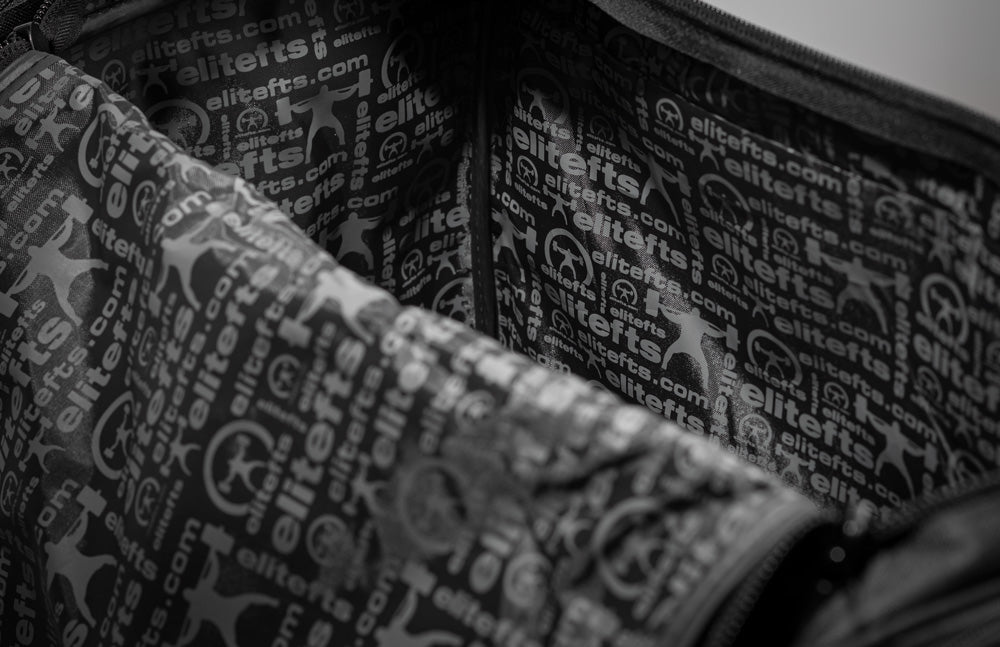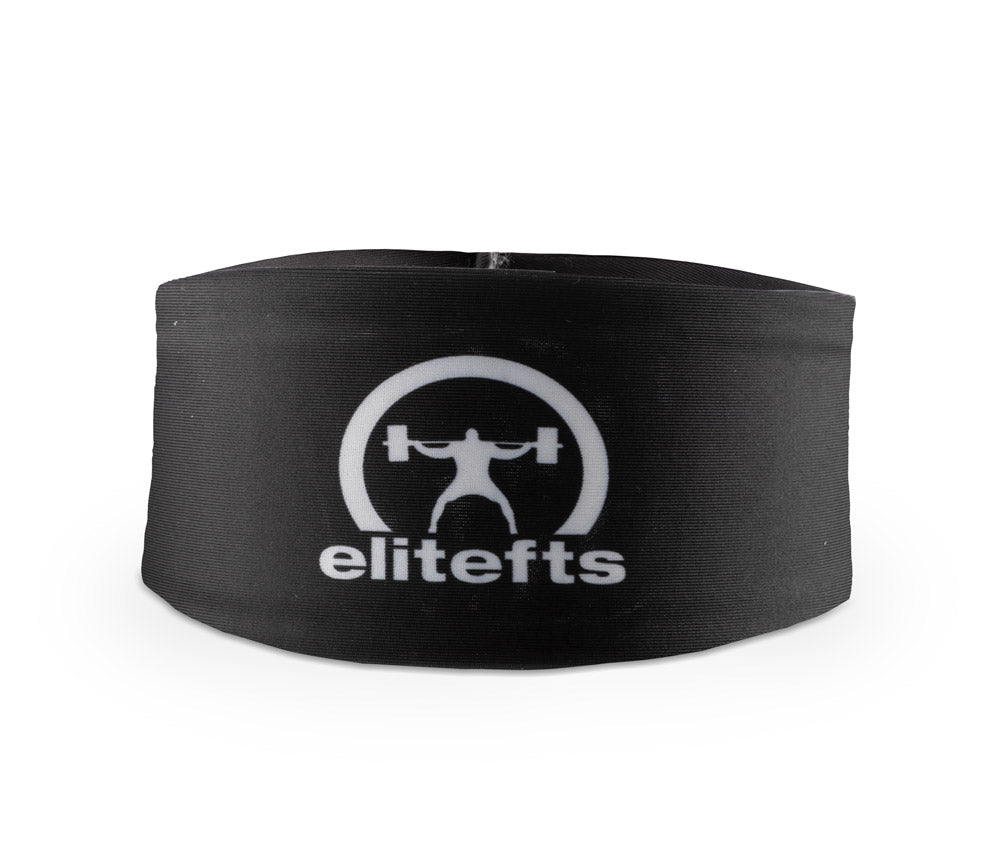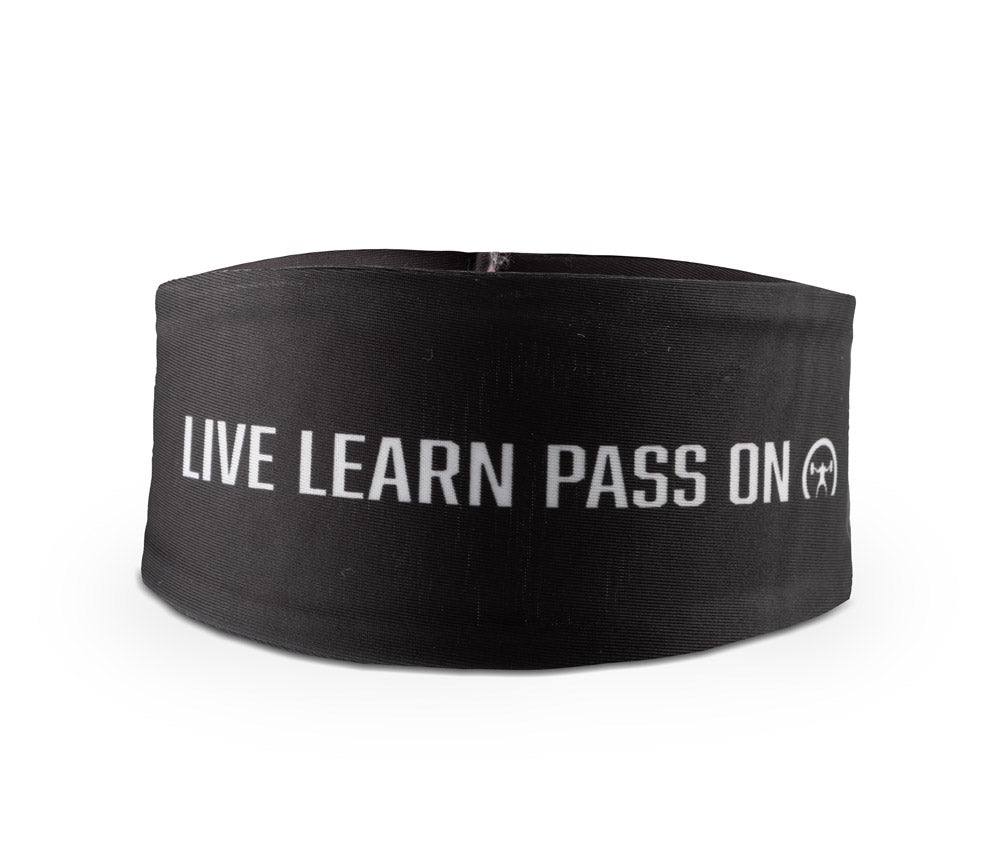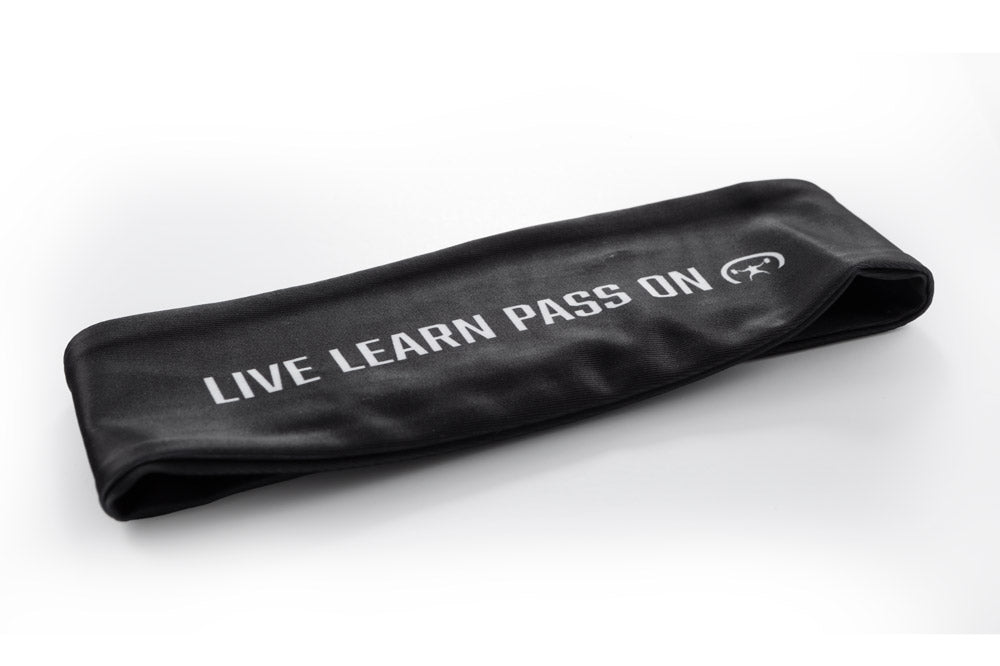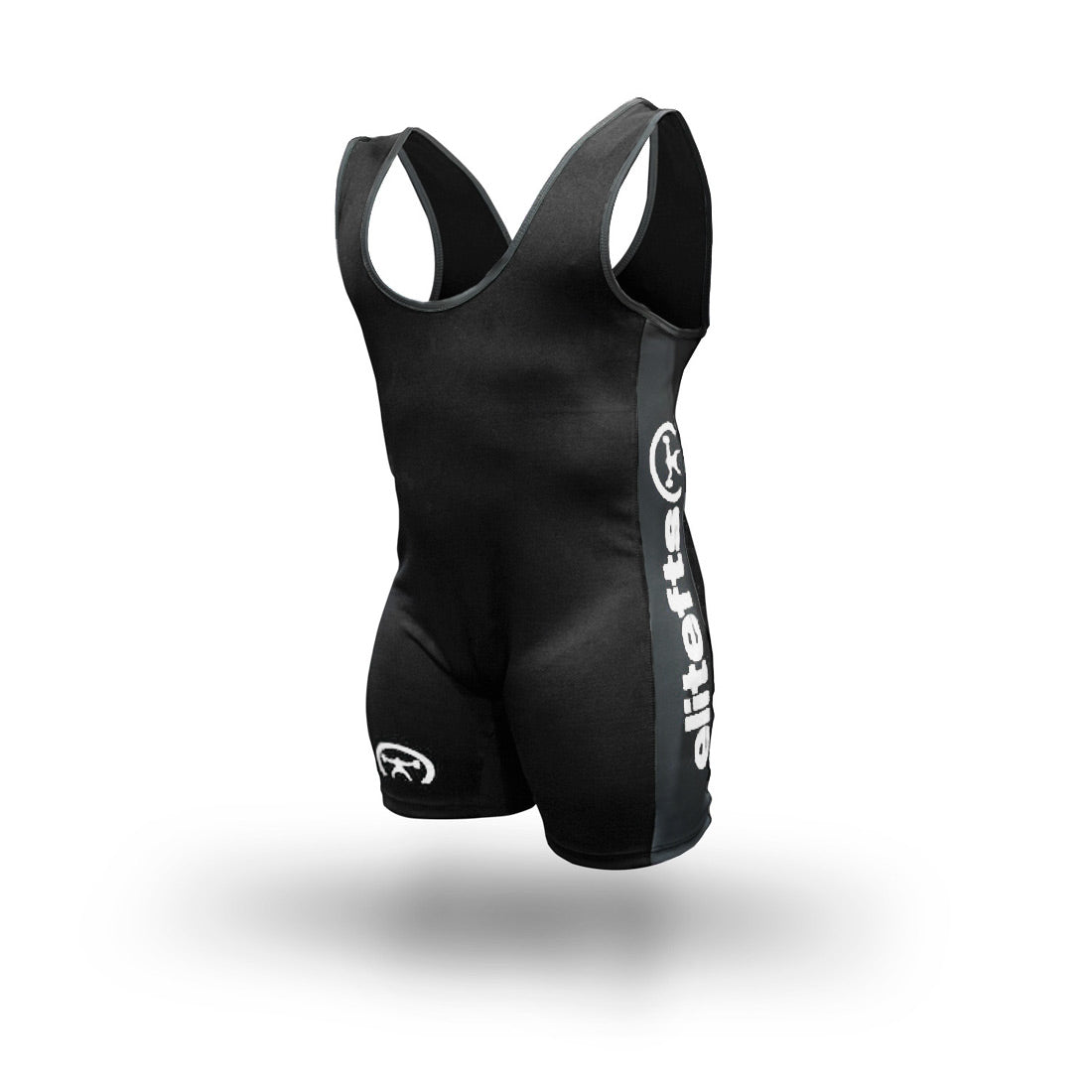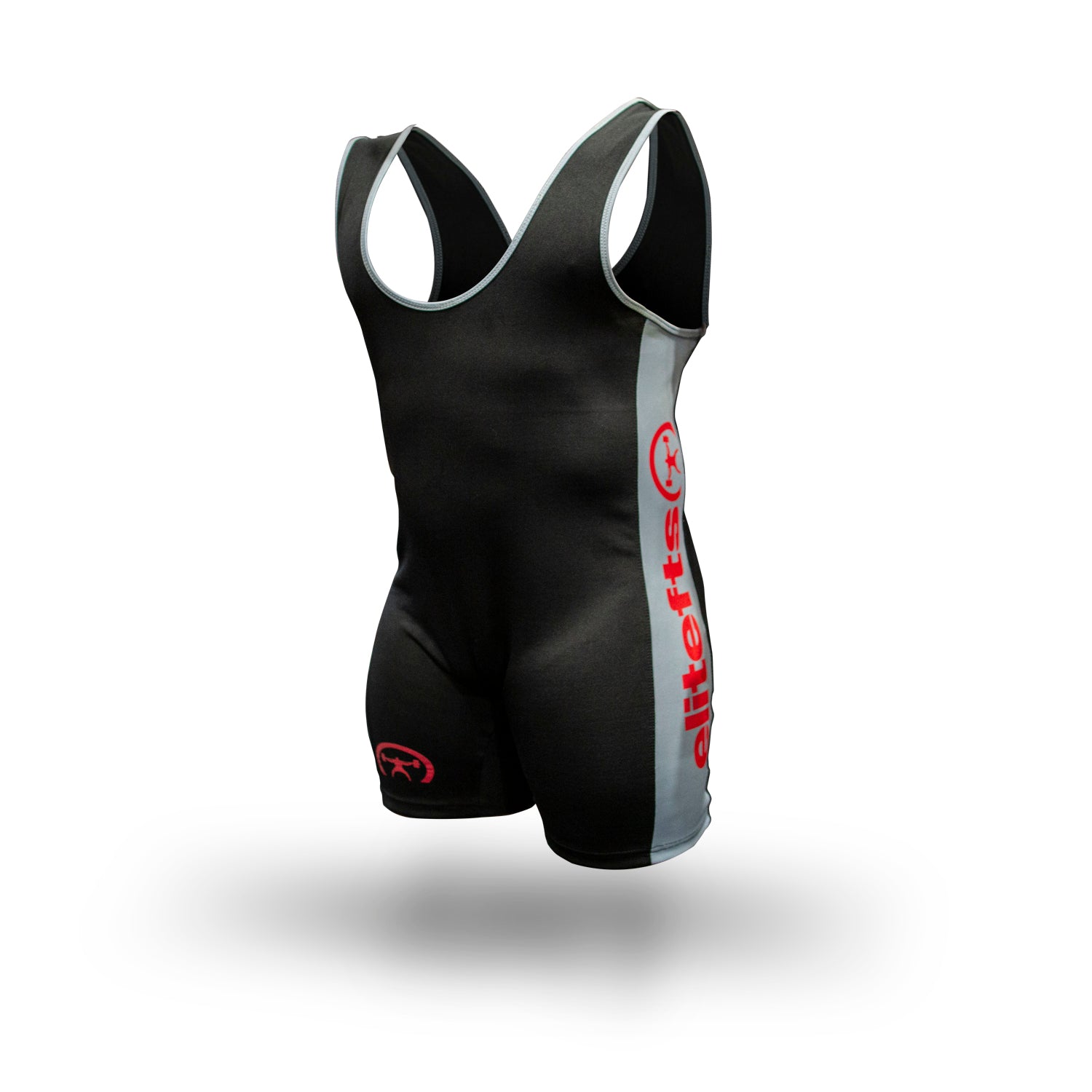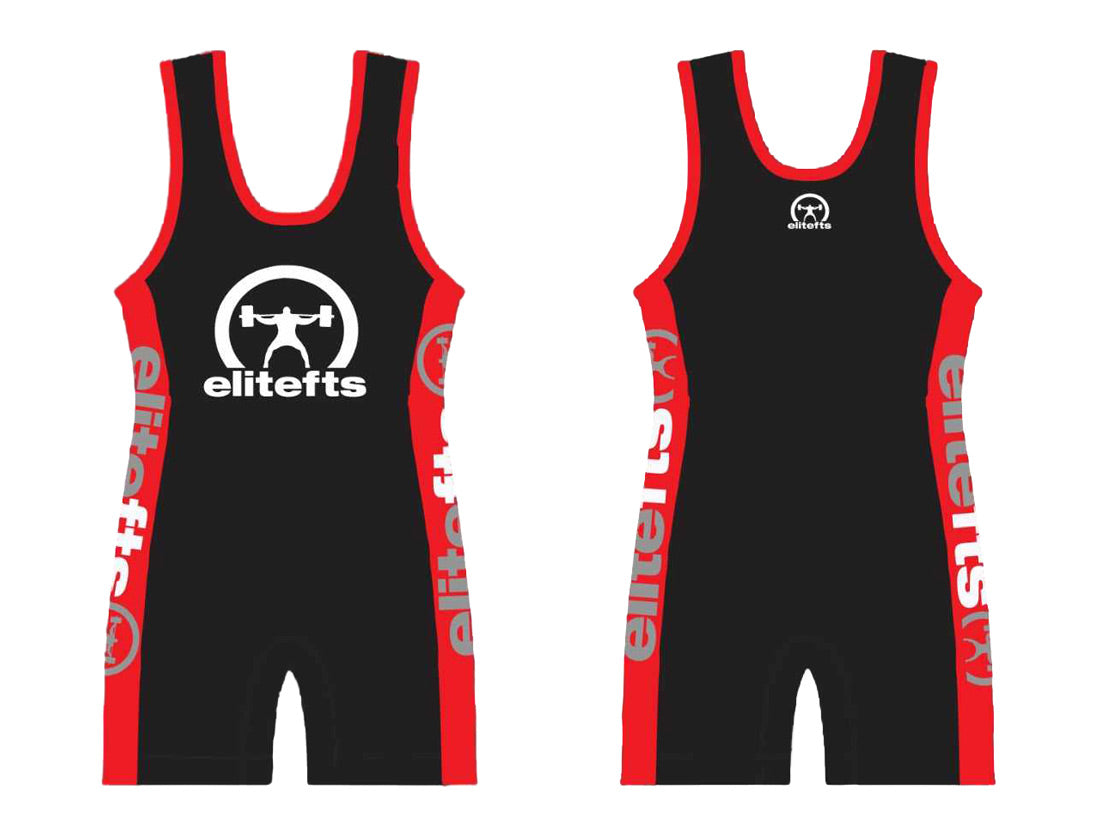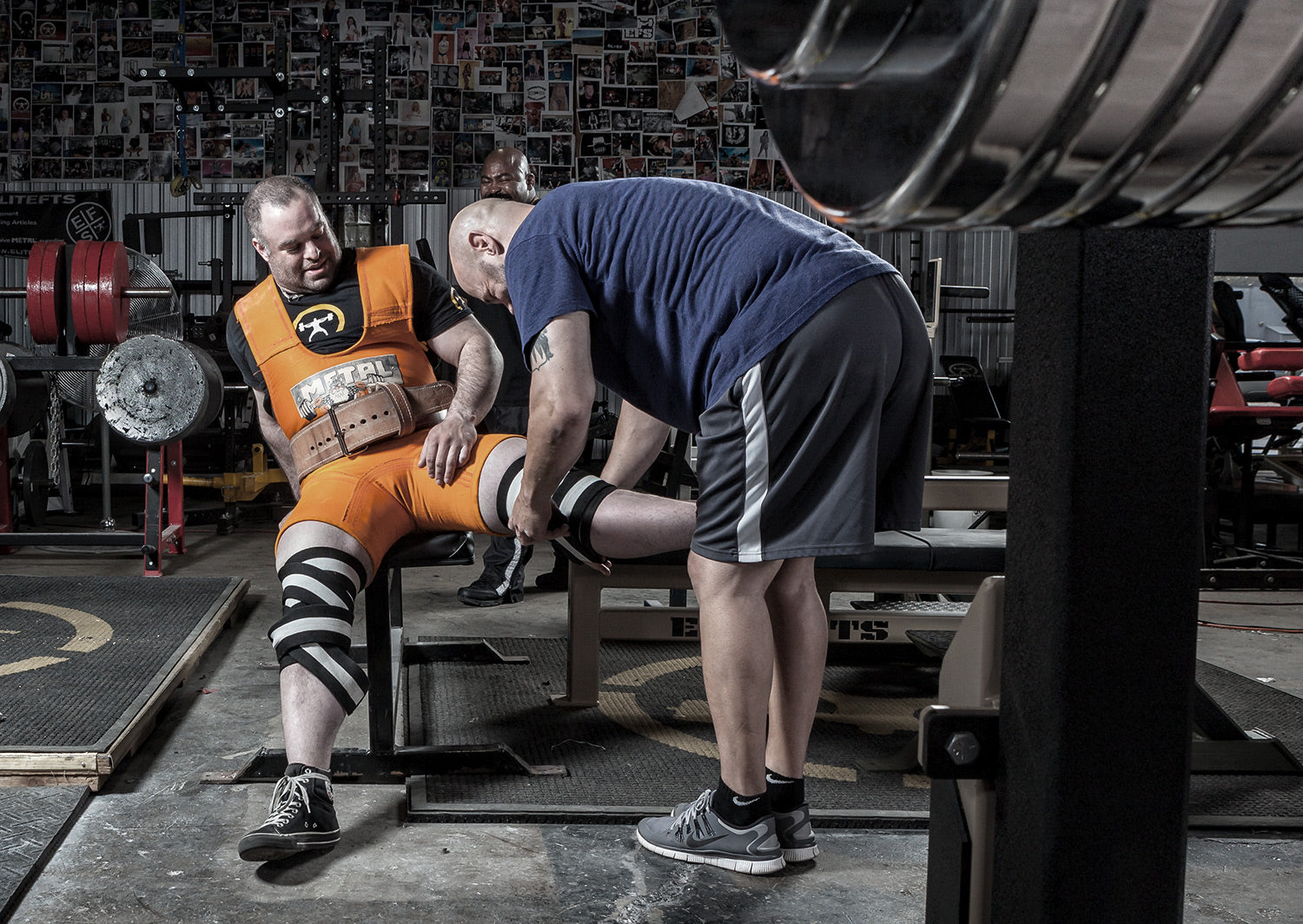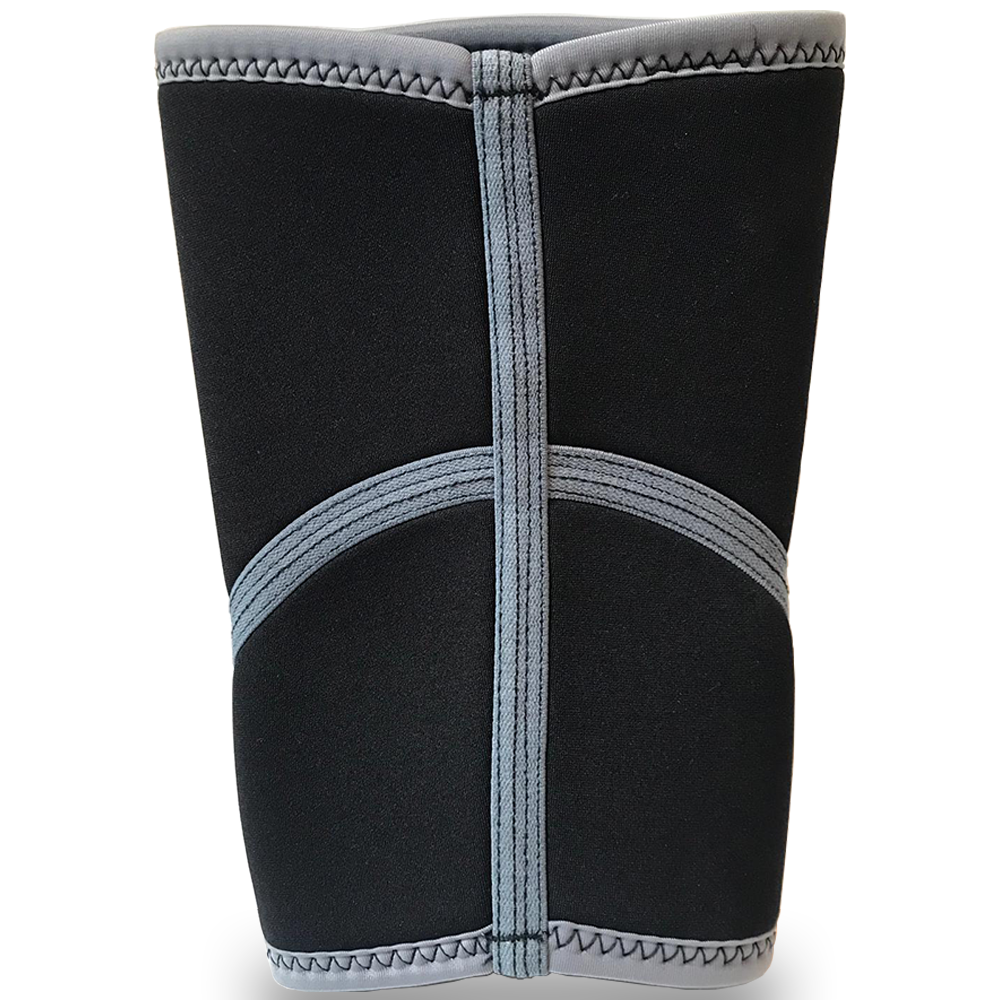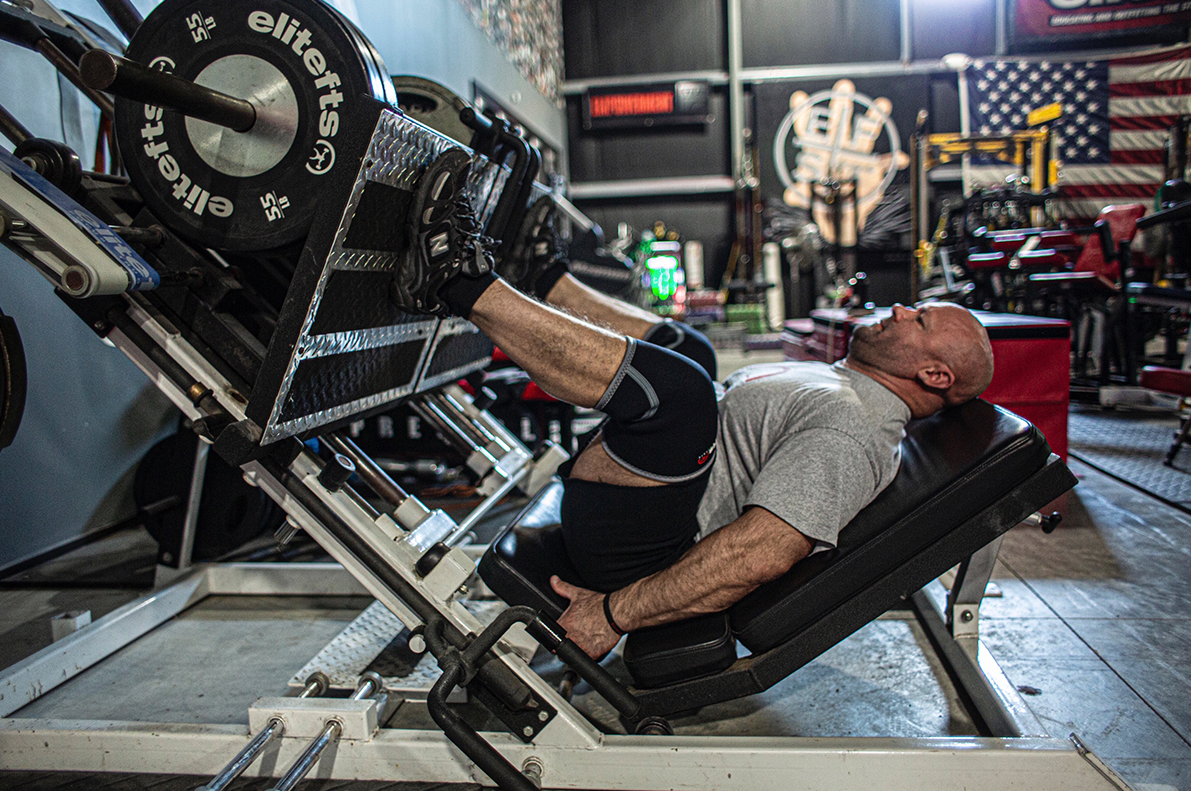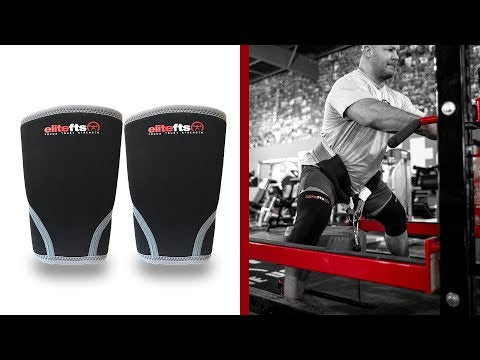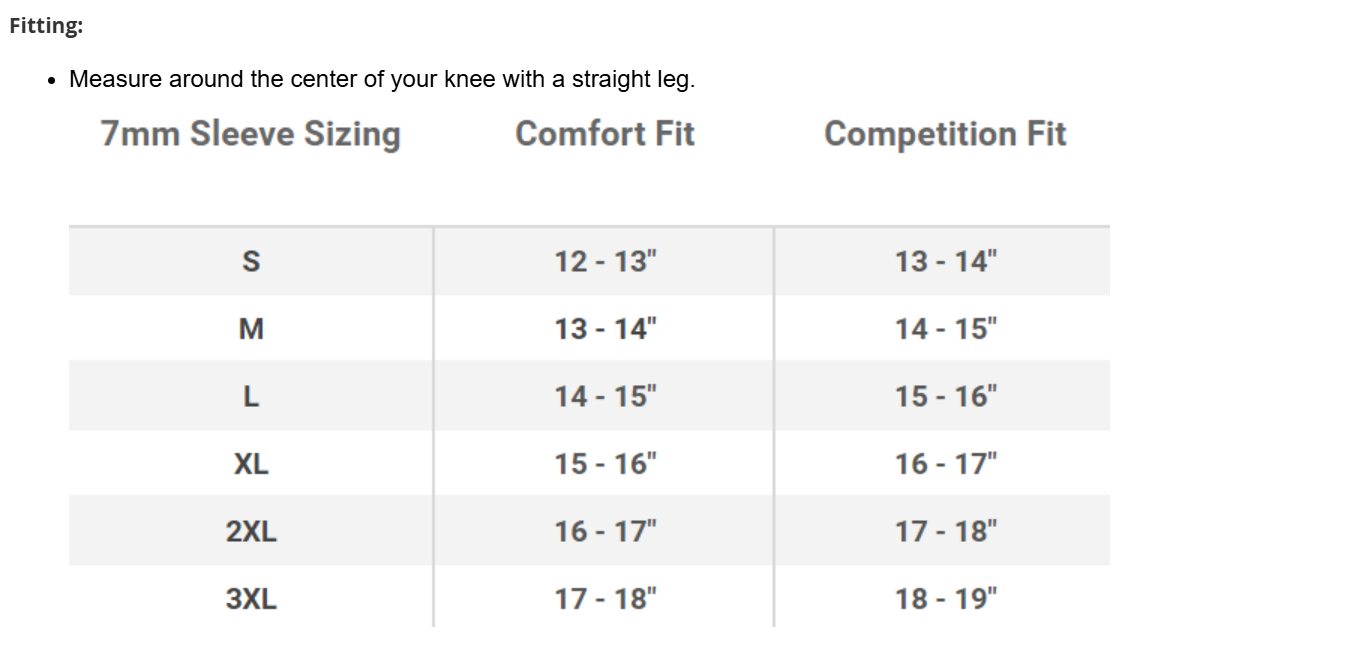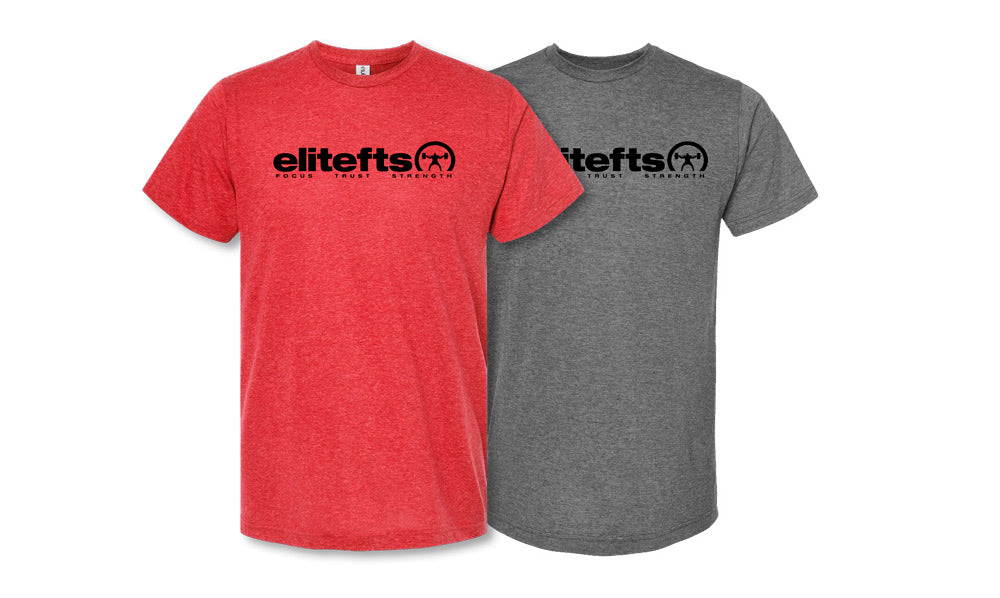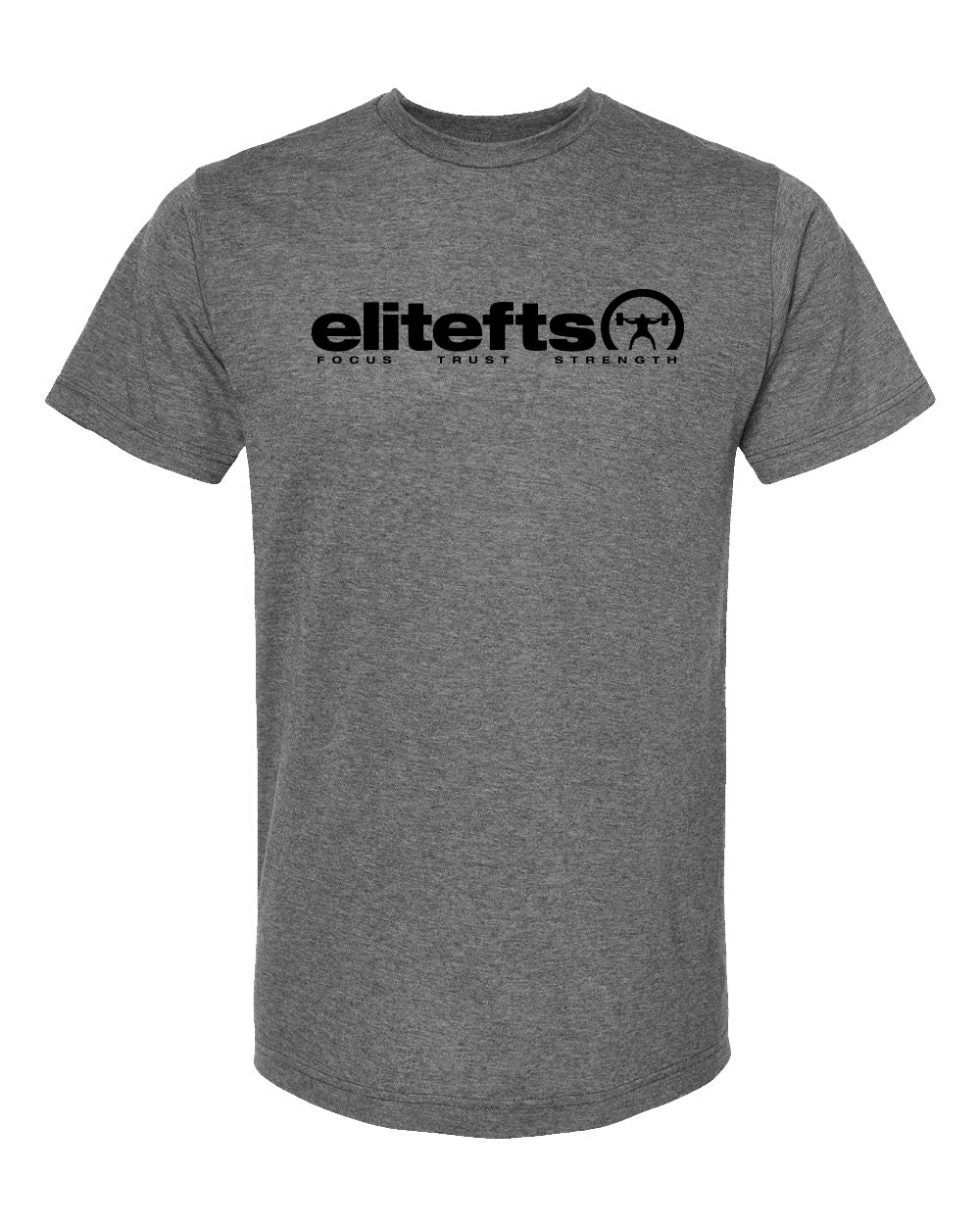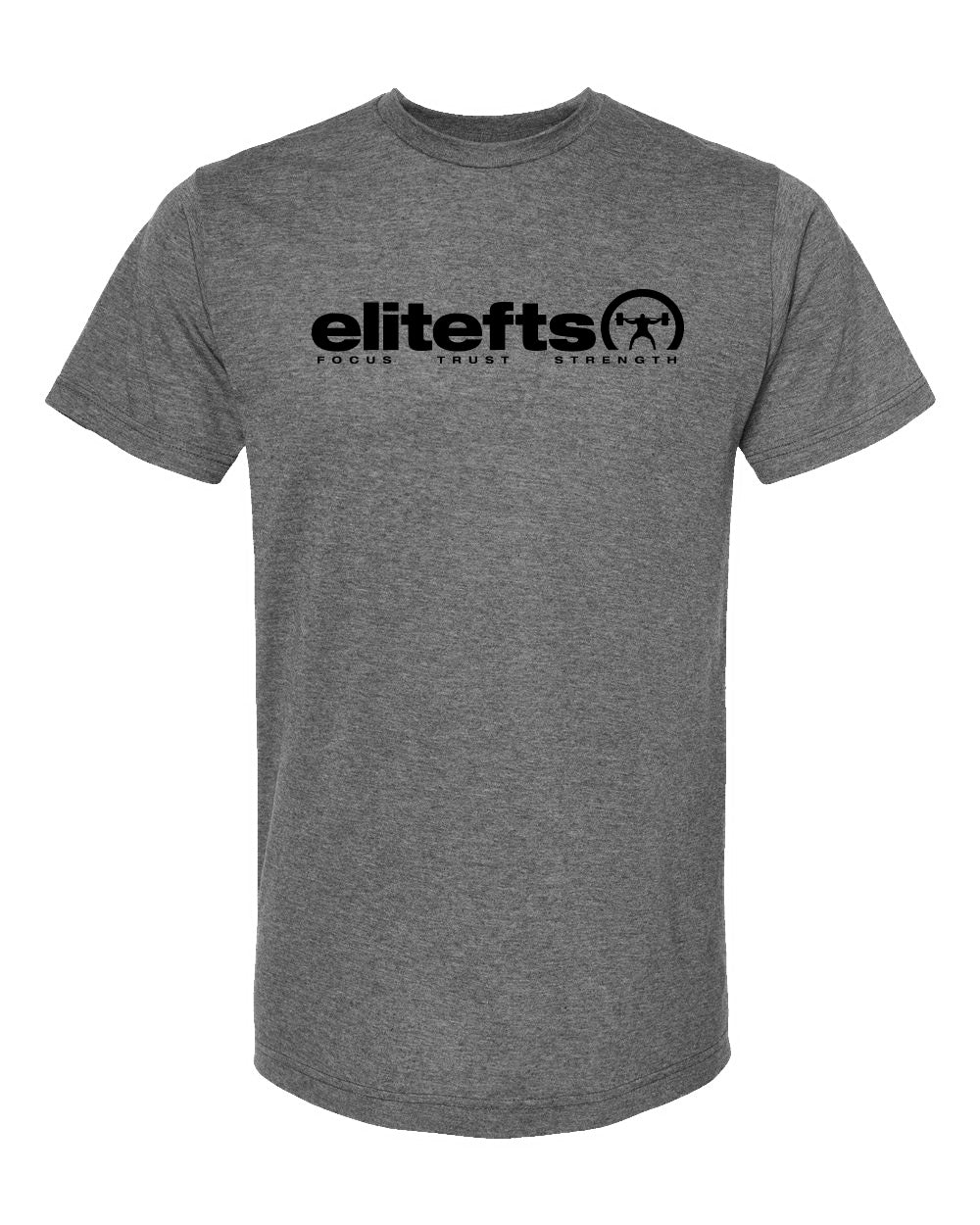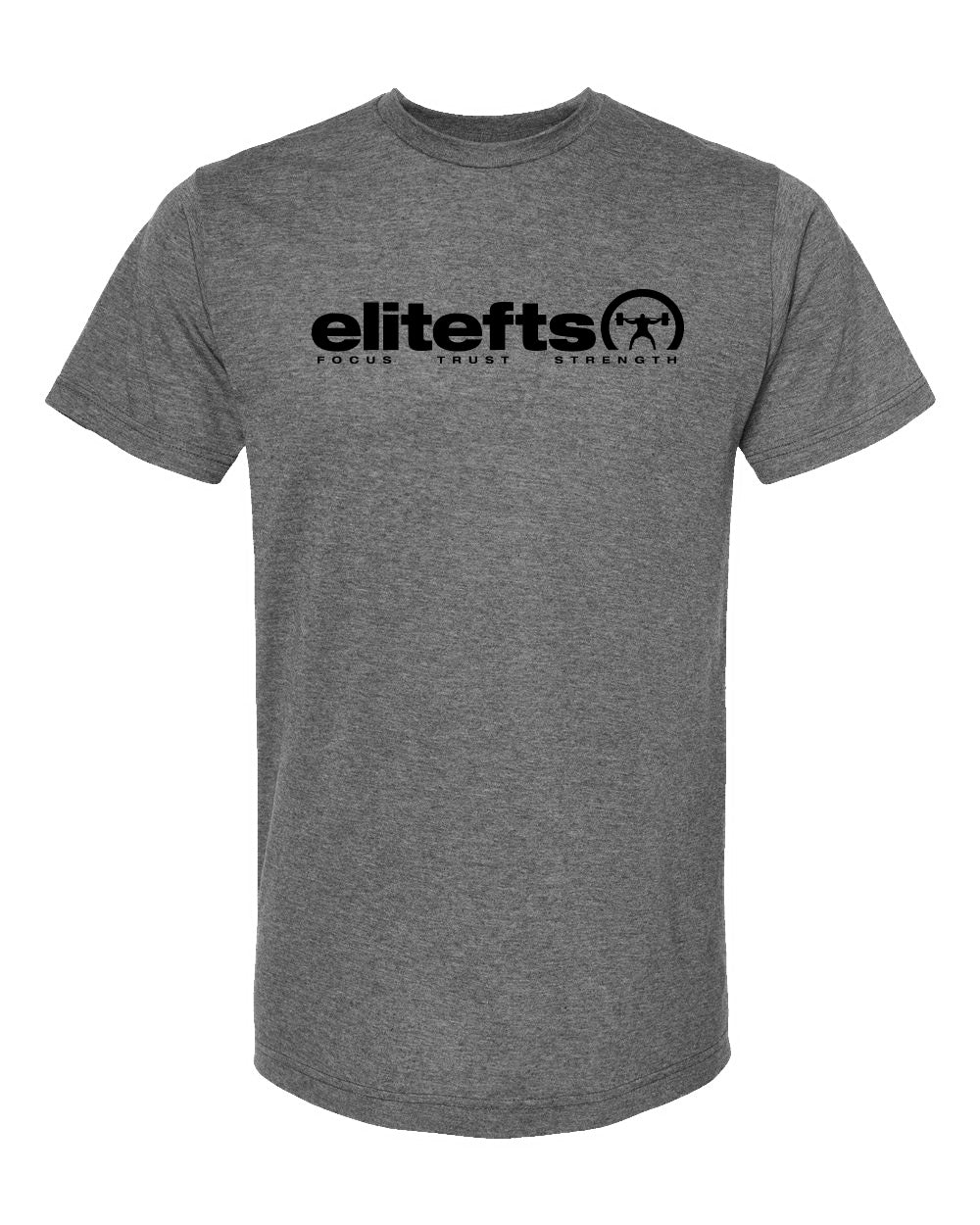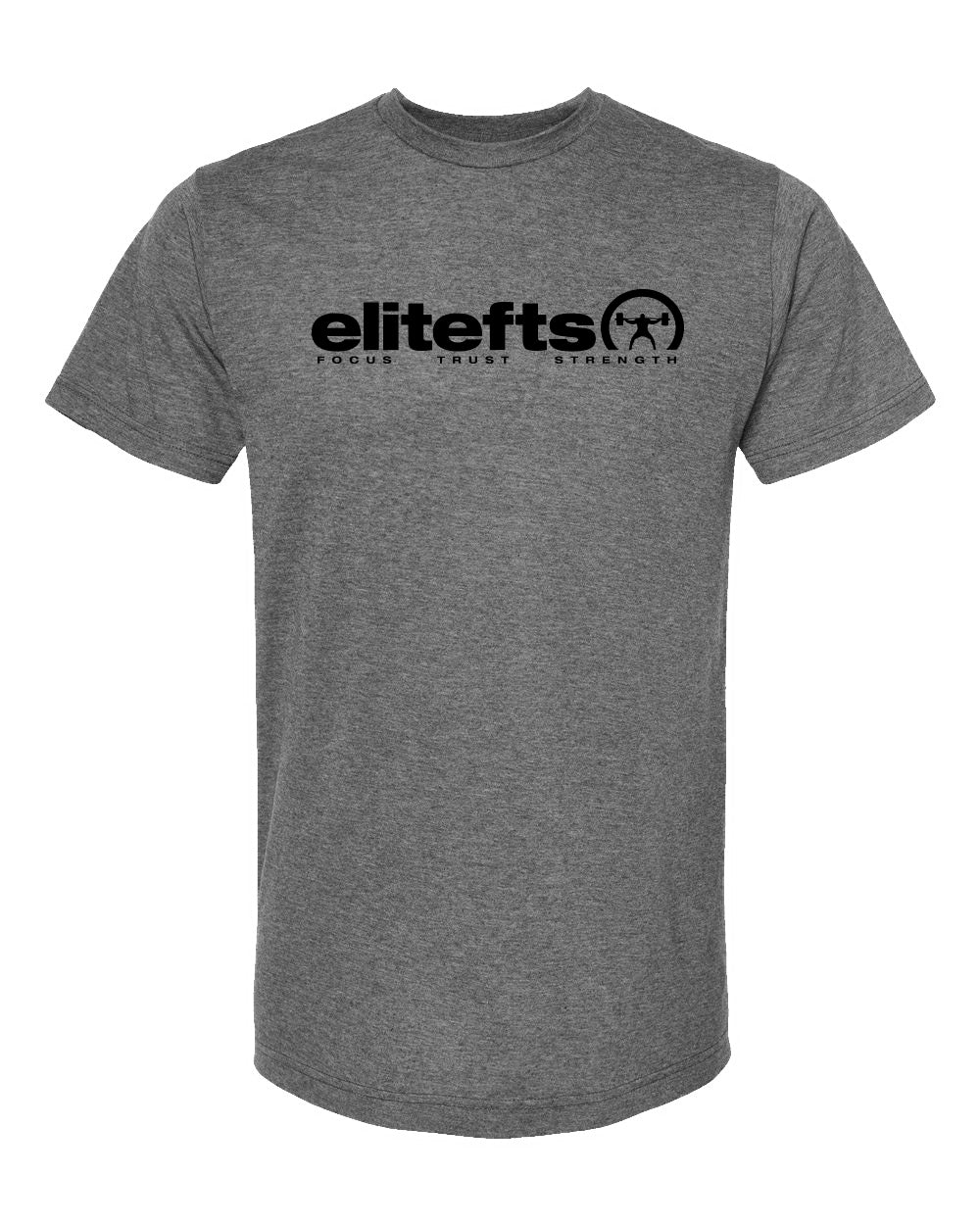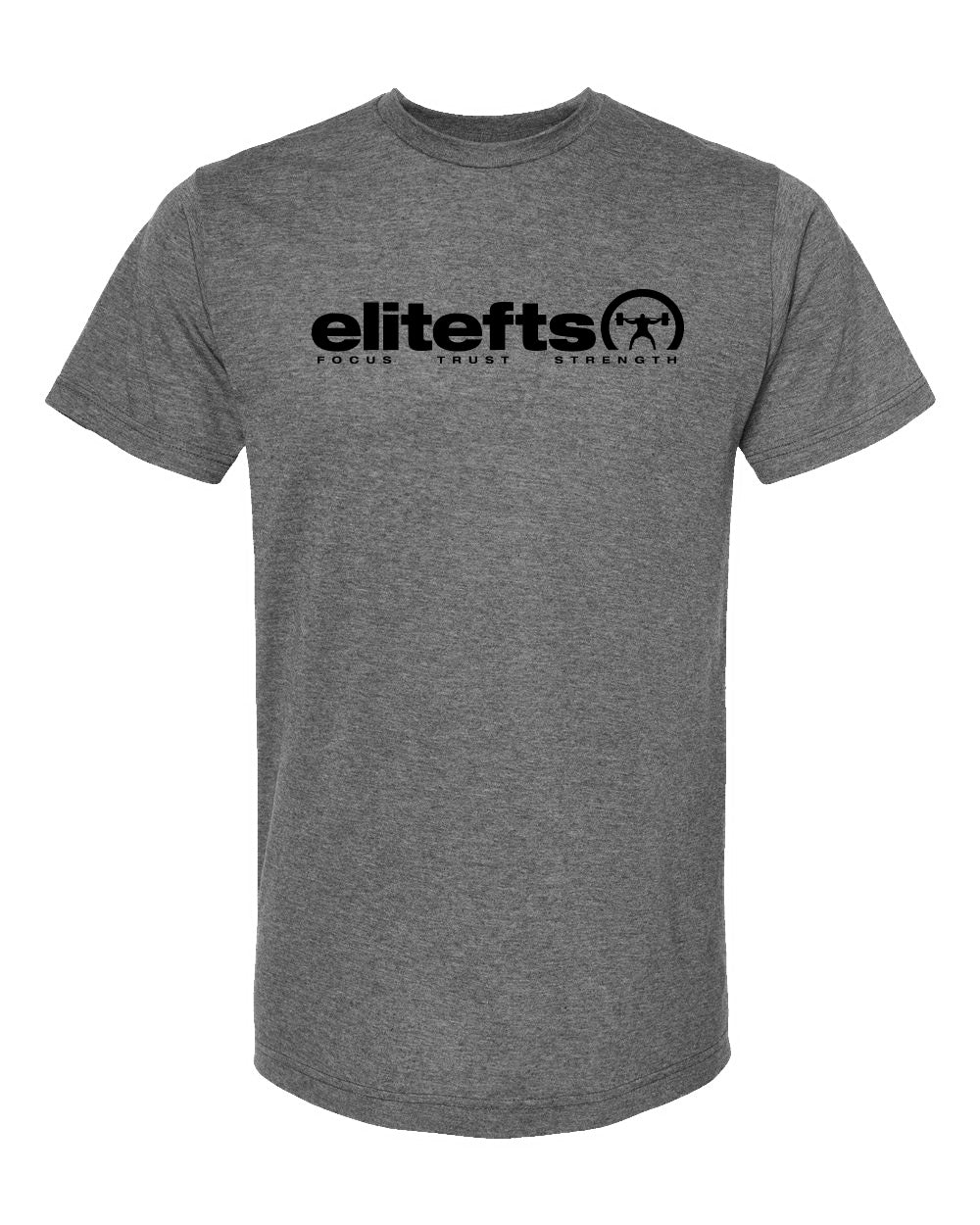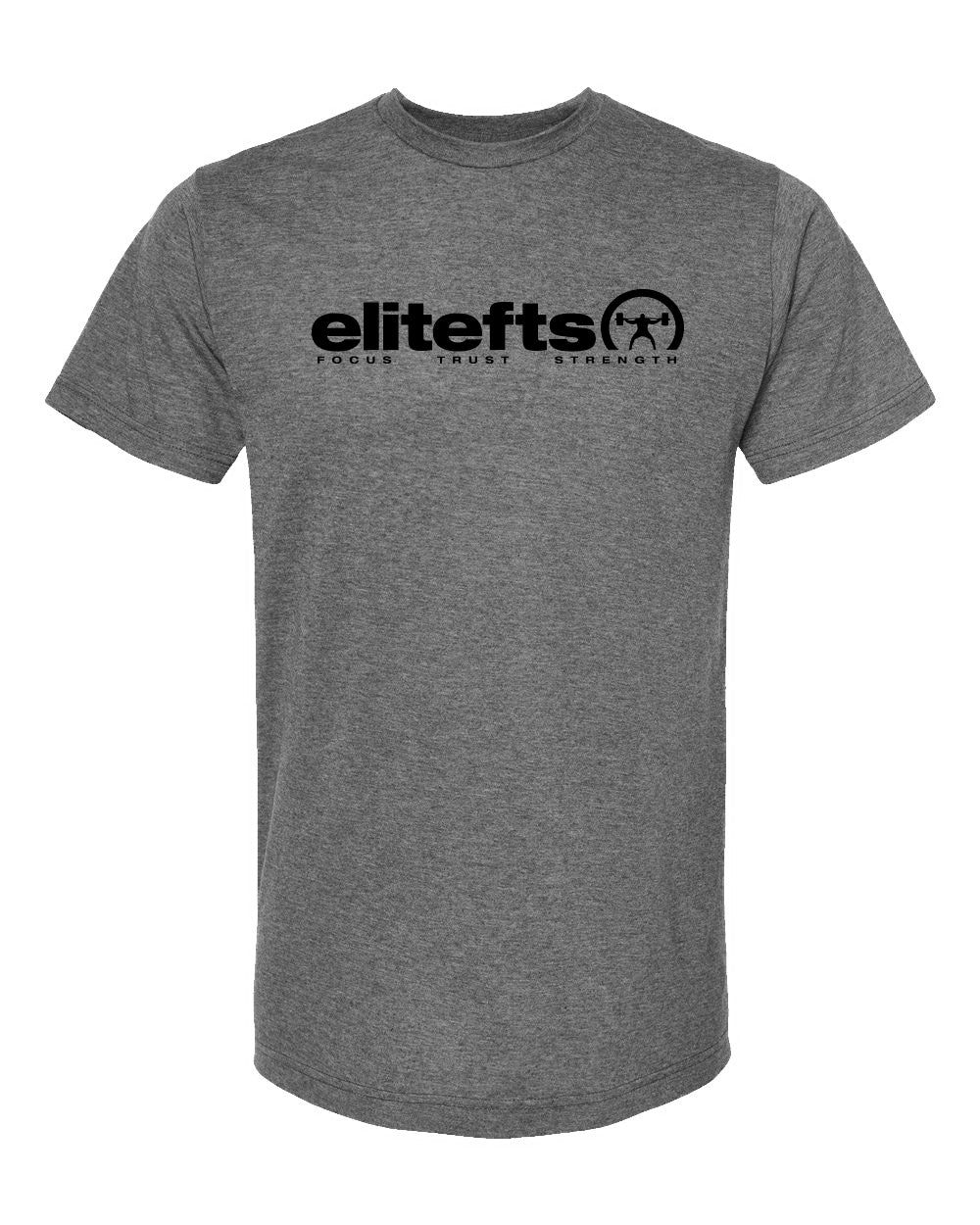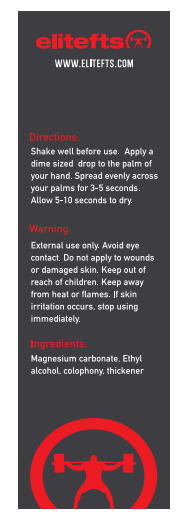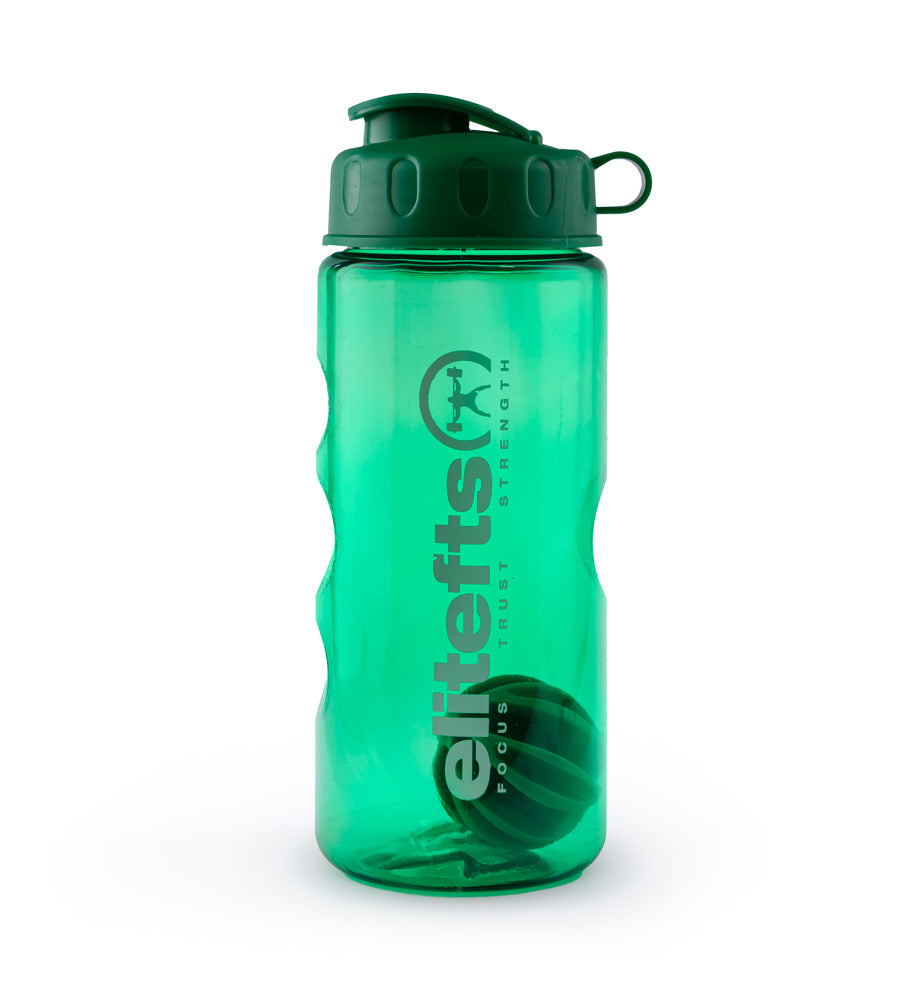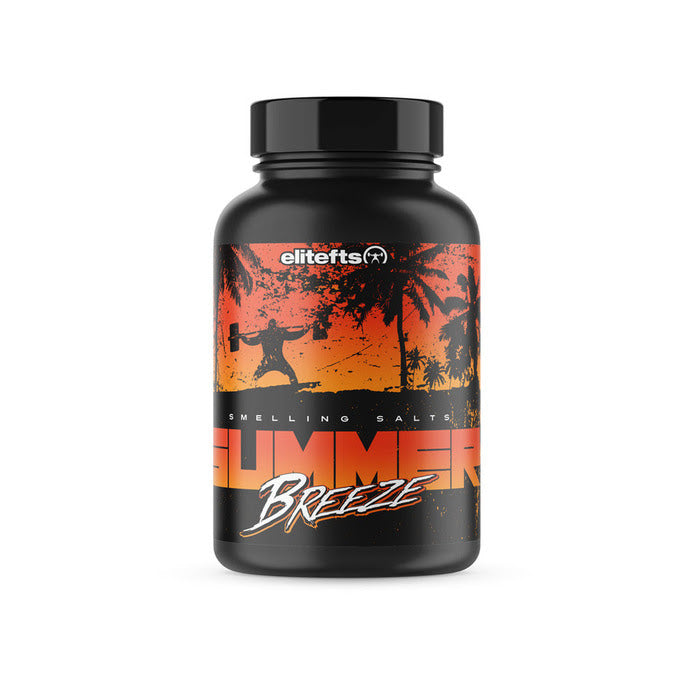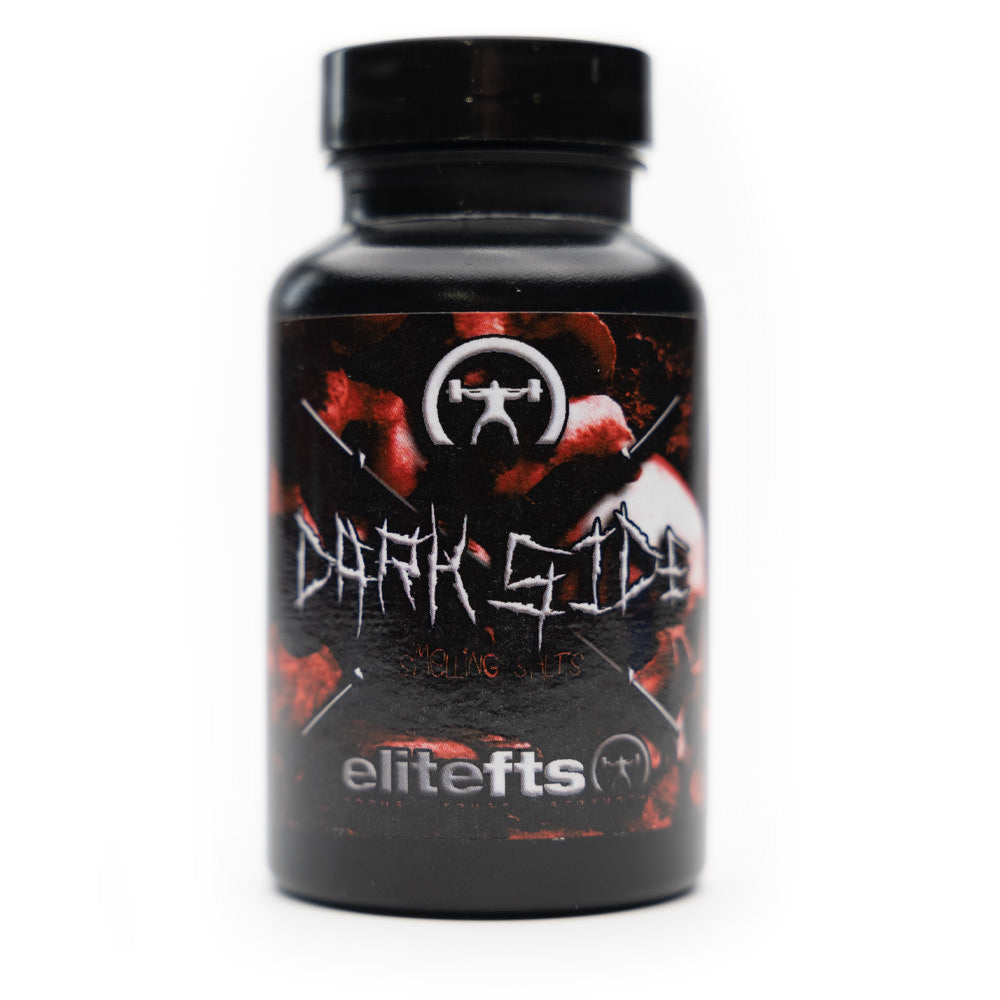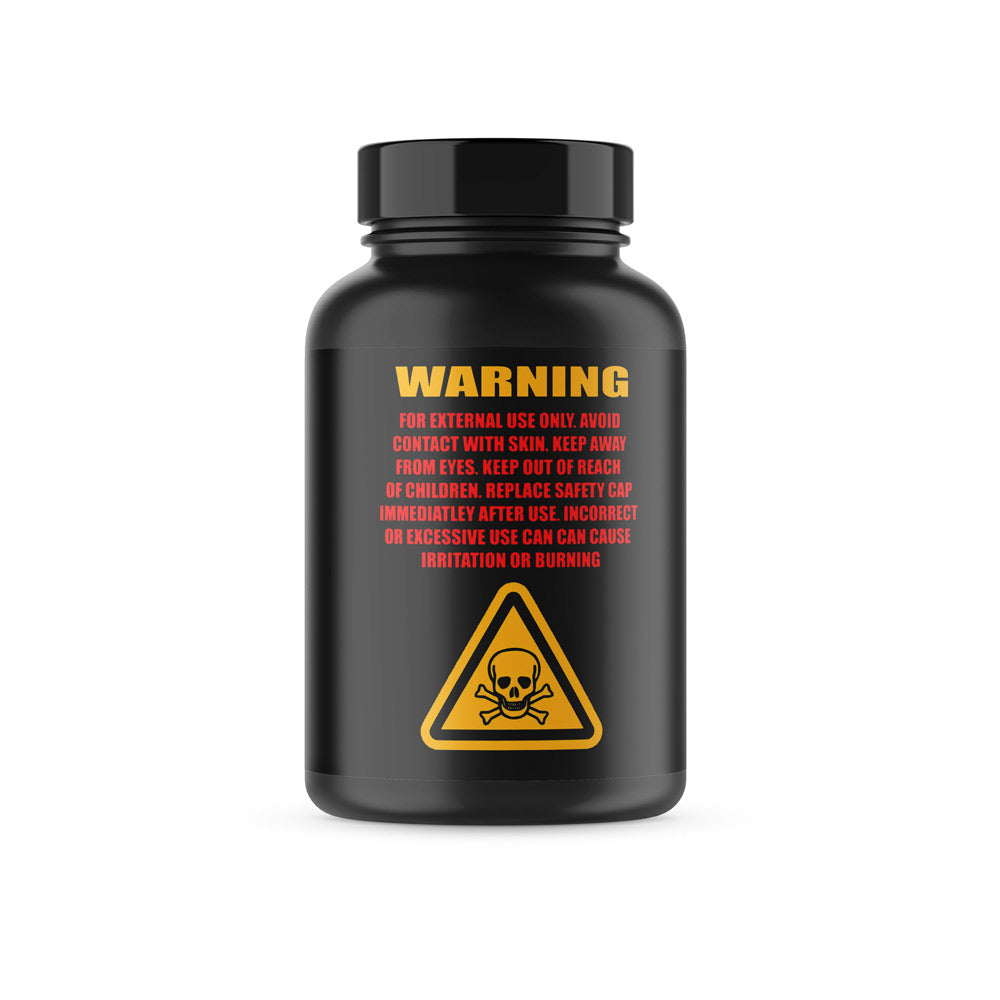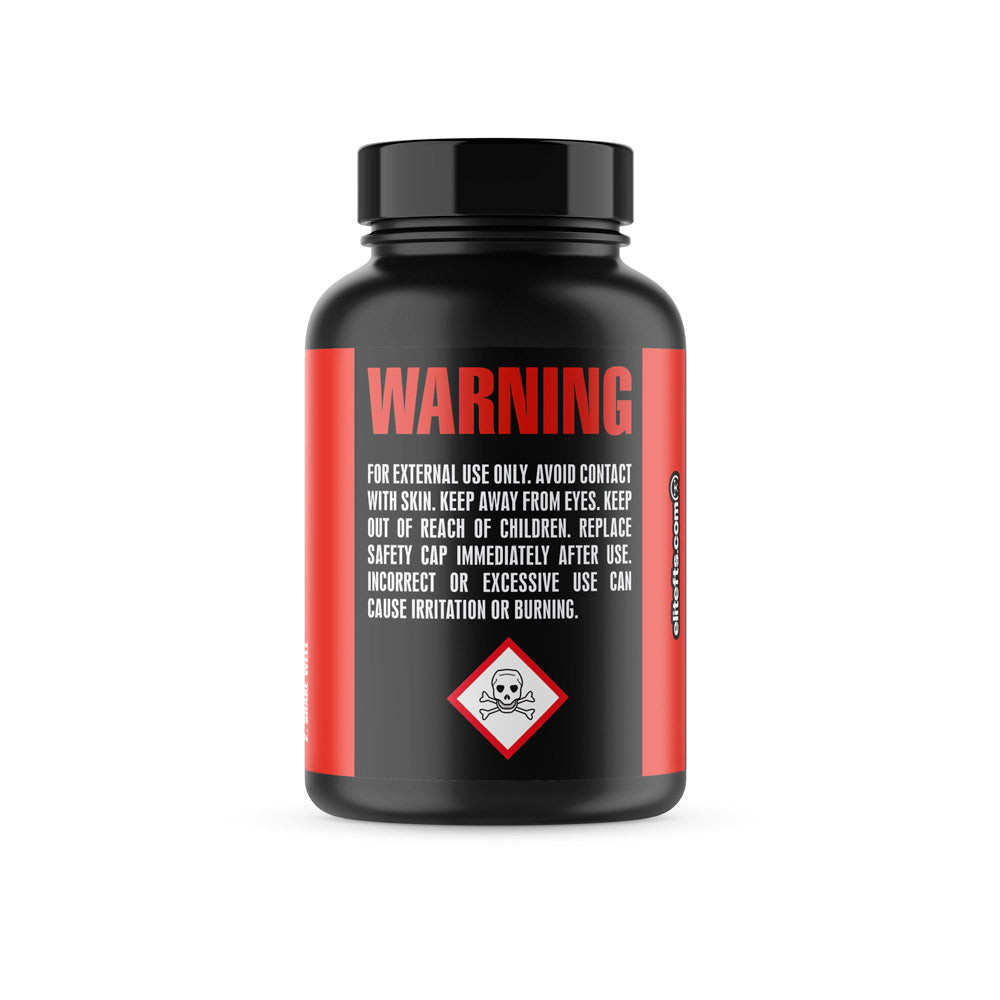
Originally published in 2016
In my last article, I wrote about focusing on oneself instead of what others have done. After turning it in, I kept thinking about the subject. It felt like I could have gone into more depth about focus and other areas where lifters commonly do not have the best focus. I am going to take this next article to further explore this subject of focus. Focus seems to be a topic I rarely hear people talk about, but it is every bit as important as goals and it is a key part of strength training. Focus keeps us moving towards those goals we set. It does so in the most efficient and fastest way when that focus is the strongest. To keep that focus strong it takes a great deal of mental strength. This, like physical strength, takes thought and training. One of the thoughts about focus that keeps popping up in my head is the idea of positive thinking and how some athletes focus on this. I am all for the power of positive thinking, but I think reality often gets left out of this when, in fact, it needs much more focus. I have seen too many lifters that only focus on positive thinking and thoughts, to the point it seriously hinders them.
RECENT: Do Not Limit Yourself With Comparisons
In fact, I have seen lifting teams do that very same thing. What I am talking about is when I see a bad lift or things wrong with a lift but everyone on the team is yelling "good job", "you smashed it", etc. I rarely hear one comment about what could be fixed or what the lifter did wrong. It almost seems as if the training partners are afraid to correct them, possibly because it seems negative. I have heard lifters comment "weight went up" or something similar after bad lifts. They seem to have no concern for what they did wrong or what they could do to make that same lift easier or better. Maybe they think positive attitude means reaching for any positive comment or thought they can find, while ignoring anything they see as negative. I have a plethora of examples like this. Makes me wonder what people think being a coach or trainer actually means and what they really think positive attitude means.

Many lifters seem to misunderstand positive attitude and they put the focus of that into just looking for positive things. This does not work. More focus needs to be put on the reality of what is happening. Positive attitude means being positive about what is going on and what you can accomplish; it does not mean being unrealistic or ignoring things that need to be fixed. A positive thinker does not look at a bad lift and think, "well, I got it." They think, "okay I got that one but what can I fix to get better or to make that a better lift?" They are positive they can improve and get better. Focus needs to put on a true positive attitude and within that attitude, focus needs to be put on reality. Positive attitude means accomplishing goals and using everything within your capabilities to do so. Another area where I believe focus gets blurred is training. I am talking about training as a whole — the big picture. I see so many lifters who focus on just lifting as if that is all training is. They place most of their focus on the gym with little focus on all the other aspects of training. This is a huge mistake that I see repeated over and over again. The gym is just a portion of training. Strength training involves recovery, nutrition, active recovery, technique, injury prevention, lifting, and more. If you are not paying attention to the whole, you are just lifting weights in a gym, not training. To get your strongest in the fastest way possible, you need to focus on training as a whole. Every aspect needs attention and focus! I also see many powerlifters put too much focus on the three main lifts. This is a pitfall I have made many times in my past and it's something I have to work to keep focus on. As powerlifters, we strive to lift the most weight we can in the three main lifts, but that does not mean it is where our focus should always be in our training. We are continually in a battle with weak links and this is where more focus needs to be spent. This is a basic aspect of conjugate training. Many, many times a lifter would be better off doing an exercise to specifically hit a weak area instead of always doing one of the main three lifts. Yes, we do need to be efficient and proficient in the three main lifts. To do this requires time doing the lifts, but we also need to fix the weakest links, and that can often be done in a better way with specific movements as opposed to the main three. As so many things in life, there is a balance here. Enough time needs to be spent doing these lifts to become as consistent with them as we need, while still spending enough time working those weakest links to be as strong in the lift as we need. Focus needs to be on both these things as well as on the balance that needs to be maintained in training.

Still another area where I believe focus often gets blurred is technique and when to work on it. I am a big preacher of technique and its importance in a lifter meeting his or her potential. It seems there are a lot of lifters that only work on technique certain times or under certain weight loads. I believe focus should be placed on technique anytime a lifter is under a bar, even if it’s empty. Some lifters will think they are just warming up so they don’t worry about technique. This is a great time to have major focus on technique and work it hard. Instead of thinking of it as a warming up, try thinking of it as working technique while you get warmed up. Some lifters will be training max effort and only focus on getting the weight up. Technique still needs to have a level of focus, even on max effort days. If you are under a bar, technique needs focus.
RELATED: The Real Reasons You’re Not Making Progress
Focus is an in-depth thought that has various levels to it. At first hearing the word, I immediately think of pinpoint focus on what I am doing at that very second. As I step back and start thinking about it more deeply, I realize it is not necessarily so simple when put into practice. It is similar to aiming and shooting a handgun properly: You don’t just pick it up and pull the trigger. First you have to get your sight alignment, then find your target, focus the eye on the front sight, and then squeeze the trigger (I am not a profession shooter but I know some shooters vary a bit on this). This is all without mentioning actual shooting technique and breathing. It is not as simple as point and shoot; there are many aspects of focus that need to be done to perform the task well. The whole time there needs to be overall focus that zooms in on the smaller actions. Strength is no different — there is focus on the big picture, which then breaks down into focus on parts of the picture. If any area is not getting the focus it needs, the overall picture will suffer and the target will not be hit. In powerlifting the big picture is getting stronger. This should be the main focus of a powerlifter. The amount of time and energy an athlete is willing to give to this can vary, but their overall focus needs to match up with that. Now, as the lifter begins working towards getting stronger, the focus will vary depending on the task. For example, when a lifter is just going through life, their focus is on being a powerlifter and getting stronger. This means conserving energy for training or to help the body recover. It means paying attention to the overall schedule and big picture of being a dedicated lifter. When it is time for meals, your focus zeros in on your nutritional needs. When it is time for lifting, that focus zeros in on what training you’re doing for that day. It will zero in further on technique on warm-ups. Depending on your training, that focus will move to be on speed, max effort, recovery or whatever you are training. After training, that focus will turn to recovery and probably back to nutrition. At night, focus will turn to quality sleep to help recover. When competing at my highest level, my focus was always on being a powerlifter. That focus would zoom in or out depending on where I was at each part of the day, but there was focus 24/7 on being the best lifter I possibly could.

Don’t just pull your gun and randomly fire, because you will most likely miss your target. Take the time to put the focus where it is supposed to be and give yourself the best chance of hitting your target. It is no different in strength training; strong focus will give you the best chance to hit your target goals. This focus will range in zoom and clarity but it should always have a place in your head. If you’re at work your focus should be on your job, but training should still be in your peripheral thought. If that job gets stressful, a focused lifter zooms in their focus to realize that it is hurting their recovery and works on it. If there is a huge cake in the break room, a focused lifter thinks about their training nutrition instead of randomly attacking that cake. If your buddies want you to go out drinking all night, your focus better zoom in tight on your goals before you make a decision. It is not always easy to have good focus 24/7, but with practice it will become habit. In the beginning it helps to remind yourself with notes or with things that remind you where your focus should be. Post-it notes near doors you use or your mirror in your bathroom help. Pictures or posters of other athletes can help you remember to focus. Backgrounds on your computers and phones can help refocus. There are so many things in regular life that can blur your focus and disrupt your shot at the target. We must have focus on our target, even if at times it is a bit blurred in our peripheral while we must do other tasks. So where is your focus? What level of lifter do you want to be? How strong do you want to get and how far do you want to push your ability? Are you willing to give what it takes to accomplish your goal? Are you willing to give the focus to that goal that it will take to achieve it? Align your sights, pick your target, focus on your sights, squeeze the trigger, and hit your goal!
WATCH: elitefts Core Values — Focus









